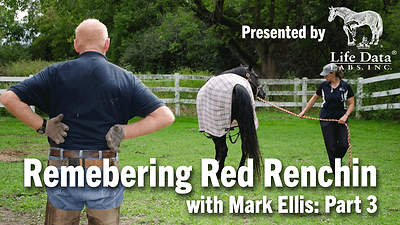Advertise Follow Us
Diseases
Consistency Counts When Laminitis Is Suspected
Find a method that lets you evaluate lame horses the same way every time
Read More
Stem Cell Therapy And Hoof Care: Tantalizing Promise, But Still Many Unknowns
Difficulty of getting horses for proper testing hampers progress
Read More
Thrush, Anti-Fungal Treatments Product Roundup 2013
Check out the latest thrush and anti-fungal treatments from some of the industry's leading suppliers.
Read More








